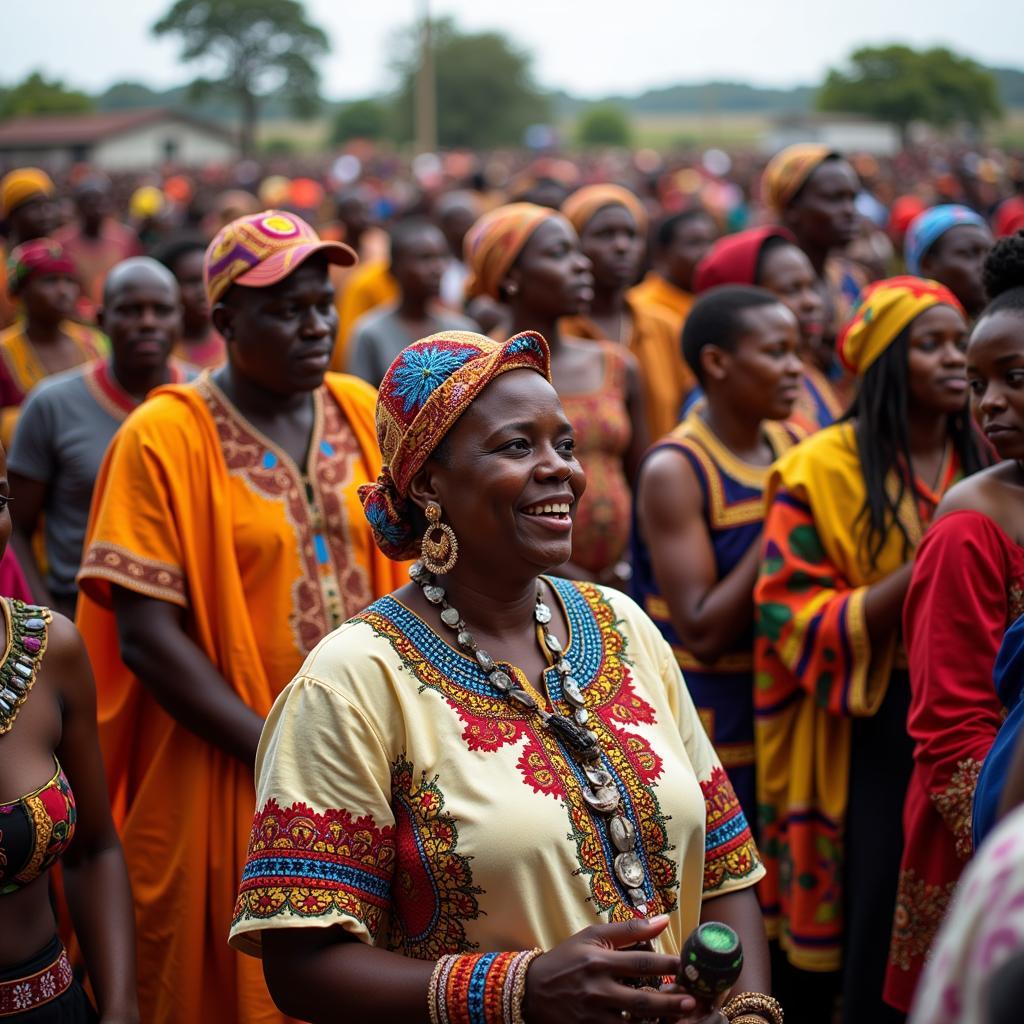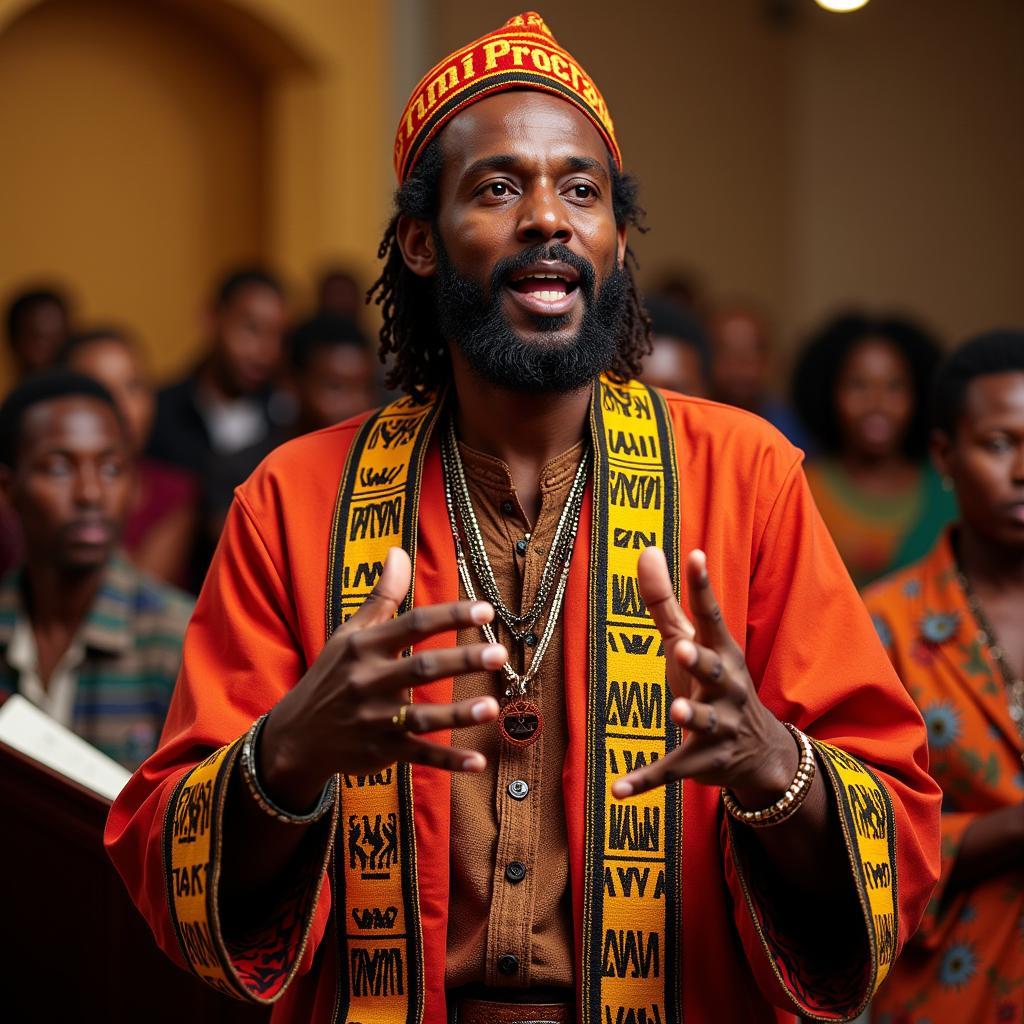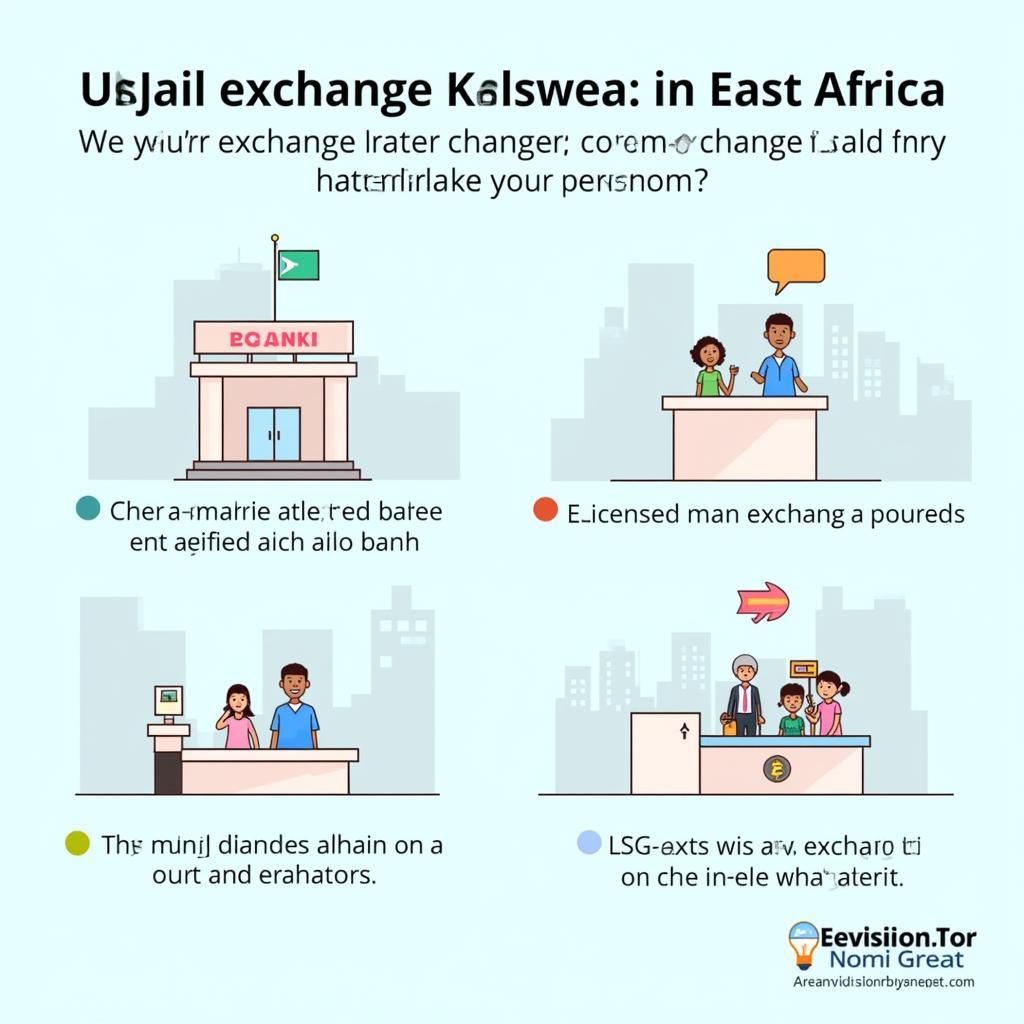Exploring the Vibrant World of African Indigenous Churches
African Indigenous Churches (AICs) represent a dynamic and rapidly growing religious landscape across the African continent. Characterized by their unique blend of Christian beliefs with local traditions and cultural practices, AICs offer a distinct and often overlooked perspective on faith and spirituality. This article delves into the fascinating world of AICs, exploring their history, beliefs, practices, and significance in contemporary Africa.
The Rise of African Indigenous Churches: A History Rooted in Resistance and Resilience
AICs emerged in the late 19th and early 20th centuries, largely as a response to the limitations of European colonialism and missionary Christianity. Many Africans felt a disconnect between the imported faith and their own cultural values and spiritual experiences. This led to the formation of independent churches that sought to integrate Christian teachings with indigenous African beliefs and practices.
Several factors contributed to the rise of AICs:
- Resistance to Colonialism: AICs provided a platform for Africans to express their cultural identity and resist the imposition of European values.
- Search for Cultural Relevance: Many Africans sought a form of Christianity that resonated with their own cosmology, ancestral beliefs, and spiritual worldview.
- Charismatic Leadership: AICs were often founded by charismatic leaders who offered spiritual healing, prophetic guidance, and a sense of community.
 African Church Gathering
African Church Gathering
Diverse Beliefs and Practices: A Tapestry of Faith and Tradition
AICs are incredibly diverse in their doctrines and practices. However, some common threads weave through many of these churches:
- Emphasis on the Holy Spirit: Most AICs emphasize the power of the Holy Spirit, manifested through spiritual healing, prophecy, and speaking in tongues.
- Ancestor Veneration: Many AICs incorporate elements of ancestor veneration, believing that ancestors continue to influence the lives of the living. This practice is seen as a way of honoring heritage and seeking guidance from the spiritual realm.
- Holistic Healing: Healing, both physical and spiritual, is central to many AICs. They often utilize traditional healing methods alongside prayer and spiritual rituals.
- Community Focus: AICs place a strong emphasis on community, providing social support, mutual aid, and a sense of belonging.
African Indigenous Churches Today: A Growing Influence in Modern Africa
Today, AICs are thriving across Africa and are among the fastest-growing religious groups worldwide. Their impact extends beyond the spiritual realm, influencing various aspects of African Life:
- Social Justice and Advocacy: Many AICs are actively involved in social justice movements, advocating for the rights of the marginalized and working towards community development.
- Political Influence: The large followings of AICs have given them increasing political influence in many African countries.
- Cultural Preservation: AICs play a vital role in preserving and celebrating African cultural traditions, integrating them into their religious practices.
African Christian Ethics: A Unique Perspective
AICs have made significant contributions to the development of African Christian ethics, offering a perspective that considers the cultural context and lived experiences of African people. These churches emphasize values such as:
- Communalism: Prioritizing the well-being of the community over individual interests.
- Respect for Elders: Honoring the wisdom and experience of older generations.
- Harmony with Nature: Recognizing the interconnectedness of humanity and the natural world.
 African Church Leader
African Church Leader
The Future of African Indigenous Churches: Continuing to Shape the Continent’s Spiritual Landscape
AICs are poised to play an increasingly important role in shaping the religious and social landscape of Africa. Their focus on spiritual experience, cultural relevance, and community engagement resonates deeply with many Africans, especially in a rapidly changing world. As these churches continue to evolve, they offer a powerful testament to the dynamism and resilience of African faith and spirituality.
FAQ: Delving Deeper into African Indigenous Churches
1. What are the main differences between AICs and missionary-founded churches?
While AICs share the Christian faith with missionary-founded churches, they differ significantly in their integration of local traditions, emphasis on spiritual healing and prophecy, and approach to leadership and church governance.
2. Are AICs recognized by other Christian denominations?
Recognition from other Christian denominations varies. While some hold ecumenical dialogues and acknowledge shared beliefs, others maintain theological differences and remain separate.
3. What is the role of music in AICs?
Music plays a central role in AIC worship, characterized by lively rhythms, call-and-response patterns, and the use of traditional instruments. Singing and dancing are seen as powerful expressions of faith and spiritual connection.
Exploring Further: Discovering More about African Spirituality
For those seeking to learn more about the richness and diversity of African spirituality, exploring the world of African gospel chorus songs can offer a captivating entry point. These songs are filled with powerful expressions of faith, cultural identity, and the challenges and triumphs of the African experience.
Another avenue for further exploration is to delve into the unique cultures and histories of specific African countries, such as the African country Eritrea. Understanding the historical context and societal nuances of different regions can provide a deeper appreciation for the diverse expressions of faith found within AICs.
Need Assistance? We’re Here to Help
We encourage you to connect with us for any inquiries or support. You can reach us via:
- Phone: +255768904061
- Email: kaka.mag@gmail.com
- Address: Mbarali DC Mawindi, Kangaga, Tanzania.
Our dedicated customer service team is available 24/7 to assist you.
